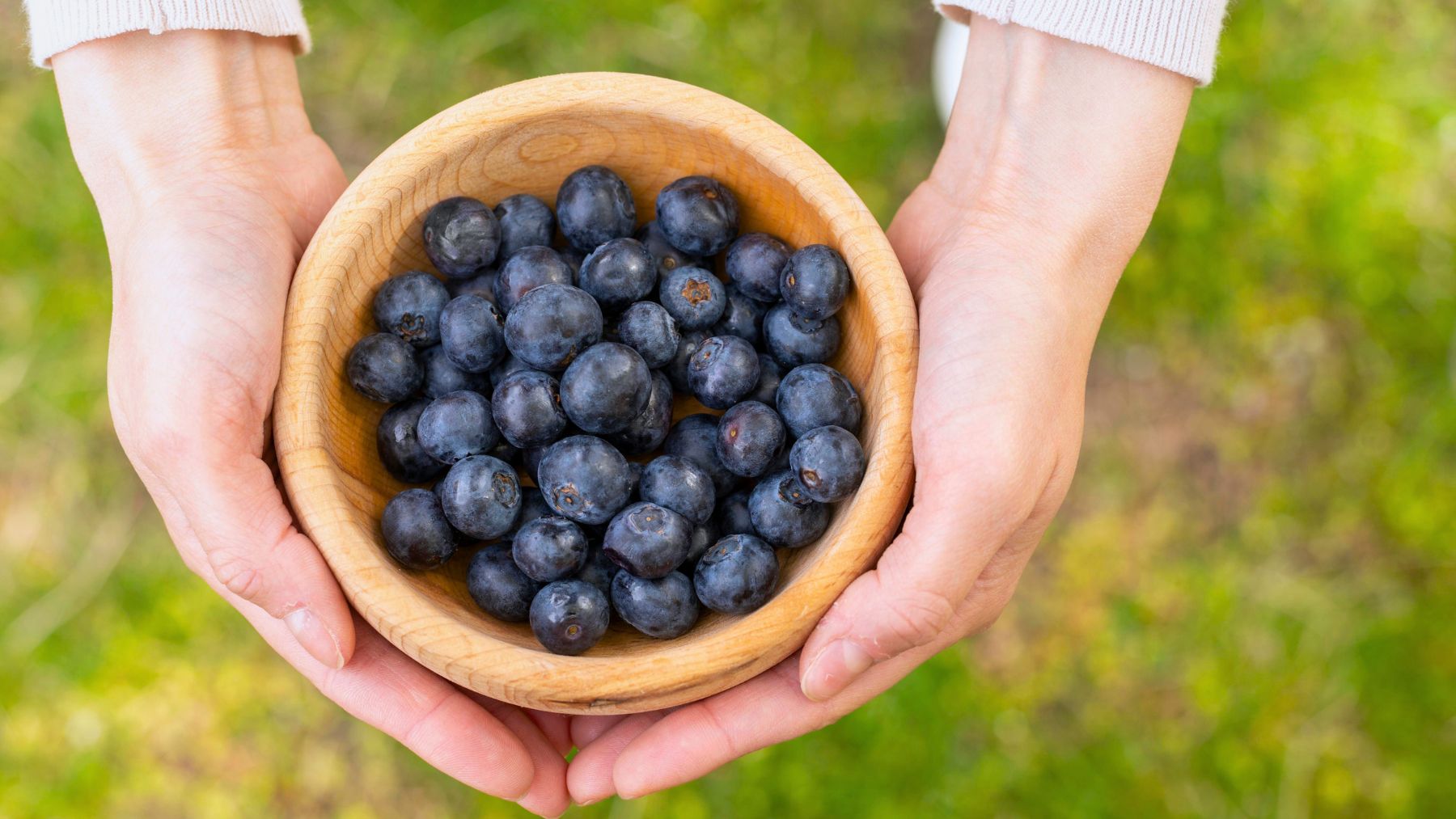Blueberries are one of those foods that feel clean straight out of the box. They don’t look dusty or dirty, and they’re small enough to snack on without much prep. But even if they seem ready to eat, a simple rinse isn’t always enough.
The truth is, blueberries can carry bacteria, pesticide residue, mold spores, and even bugs you can’t see. To enjoy them safely and keep them fresher for longer, we’ll walk through the best way to clean them and how to store them properly so they don’t spoil before you can use them.
How to wash blueberries the right way
Start by spreading the berries out and tossing any that look shriveled, mushy, or moldy. Stems and leaves should go too. This step is important because damaged blueberries can speed up spoilage.
For a quick clean, a 15 to 30-second rinse under cold water works. Place the blueberries in a colander and gently move them around as the water runs. This helps remove dirt and some surface residue. But if you’re concerned about pesticides or invisible contaminants, a vinegar or baking soda soak is better.
To do a vinegar rinse, mix one part white vinegar with three parts cold water. Let the berries soak for about a minute, then rinse thoroughly with cold water to remove any lingering vinegar taste. For a baking soda option, use about half a teaspoon of baking soda per cup of water. Soak the berries for one minute, then rinse well.
Skip the soap or produce washes. They can leave unwanted residue and don’t offer any real cleaning advantage over vinegar or baking soda. After rinsing, spread the blueberries on a clean towel or paper towels. Pat them gently to dry, then let them sit out until they’re completely dry.
Keeping blueberries fresh longer
There are a few things you can do when washing and storing your blueberries to make them last longer. Follow these tips:
- Pick out the bad ones: Before washing or storing, get rid of any berries that are soft, moldy, or broken. One bad berry can spoil the rest.
- Dry them completely: Whether you rinse with plain water or use a solution, make sure the berries are totally dry before storage.
- Use a paper towel: Line your storage container with a paper towel to absorb moisture. Change it if it gets damp.
- Wait to wash: If you don’t plan to eat the blueberries right away, it’s better to store them unwashed. Rinse just before using.
- Use an airtight container: Store dry or unwashed berries in a sealed container in the fridge. They’ll last about 10 days, sometimes a little longer.
- Freeze for later: If you have a large batch, freeze what you won’t use. Spread rinsed, dried berries on a tray, freeze until solid, then transfer to a bag or container.
Blueberries don’t take much work, but a few extra steps when washing and storing them can make them last longer. Clean them right, store them smart, and you’ll get more flavor, less spoilage, and a fresher handful every time.
